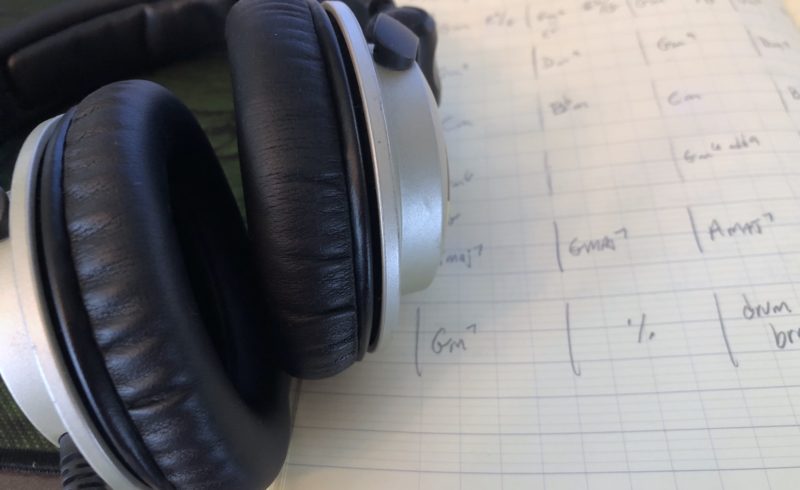
No point in burying the lede here. It sure appears an Obrafour sample is in “Calling My Name.”
What’s “Calling My Name?” It’s a deep deep cut that I’d never heard of and nobody I asked had heard of, including my Drake-fan-aged son. Where on earth did they come up with $10 Million?
Back to the infringement part: There’s often more to these things than meets the eye. We can reserve judgment. However, my first shortcut to finding out, for example, where in the track an alleged sample is, is to visit whosampled.com. And in this case, that sample sits at the very start of Obrafour’s track, and according to whosampled.com, appears at 00:55 or so of Drake’s “Calling My Name.” And this all appears pretty simple so far.
Here’s Calling My Name, cued up to the relevant point in the track.
The complaint goes on to explain that an initial clearance email inquiry was sent on June 8, 2022, that there was a follow-up on June 13, and that Drake’s “Honestly, Nevermind” album was released on June 17th. Obrafour’s complaint says he hadn’t responded to either email when “Honestly, Nevermind” dropped.
At which point, I would imagine Obrafour began to wish Drake nothing but success with “Calling My Name,” similar to the way Sting roots for Juice Wrld’s “Lucid Dreams” which prominently features a chunk of Sting’s “Shape Of My Heart,” that was not cleared, and for which I feel confident Sting earns many multiples more than “Shape Of My Heart” itself ever could.
Being a musicologist makes me familiar with copyright law, but not a lawyer. I’m not a lawyer. So, layperson talking now: “Damages” in circumstances like this where a major recording artist may have “left the barn door wide open” include harm suffered, which is what “damages” sounds like it should mean, but are also a function of the profits of the Defendants to the extent that profits arise from the use of the plaintiff’s copyrighted work. So, in effect, the more “Calling My Name” earns, the more it potentially earns for the plaintiff. And this complaint contains a list of 43 revenue streams that “Calling My Name” might enjoy.
All the headlines blare TEN MILLION DOLLARS, but that sounds outlandish. Forty revenue streams notwithstanding, I don’t imagine the $10,000,000 mentioned in the complaint is well-addressed to what Drake has even grossed from this song. And the use, assuming it is the Obrafour sample, is not compositionally foundational to “Calling My Name.” It appears as a transitional element, in isolation, in the middle of “Calling.” This is not remotely the same as in cases where a sample lives in a loop that runs end-to-end as the foundation of a track, as is often the case. Nor is it a persisting foundational compositional element in “Oye Ohene.” Both of these factors, in my opinion, attenuate substantially what is attributable to the allegedly infringing use.
Drake has already had an interesting week. “Heart On My Sleeve,” a track that seemed to be Drake ft. The Weeknd, turned out to be an AI-generated vocal over words and music by an up-to-this-point anonymous “ghostwriter977.”